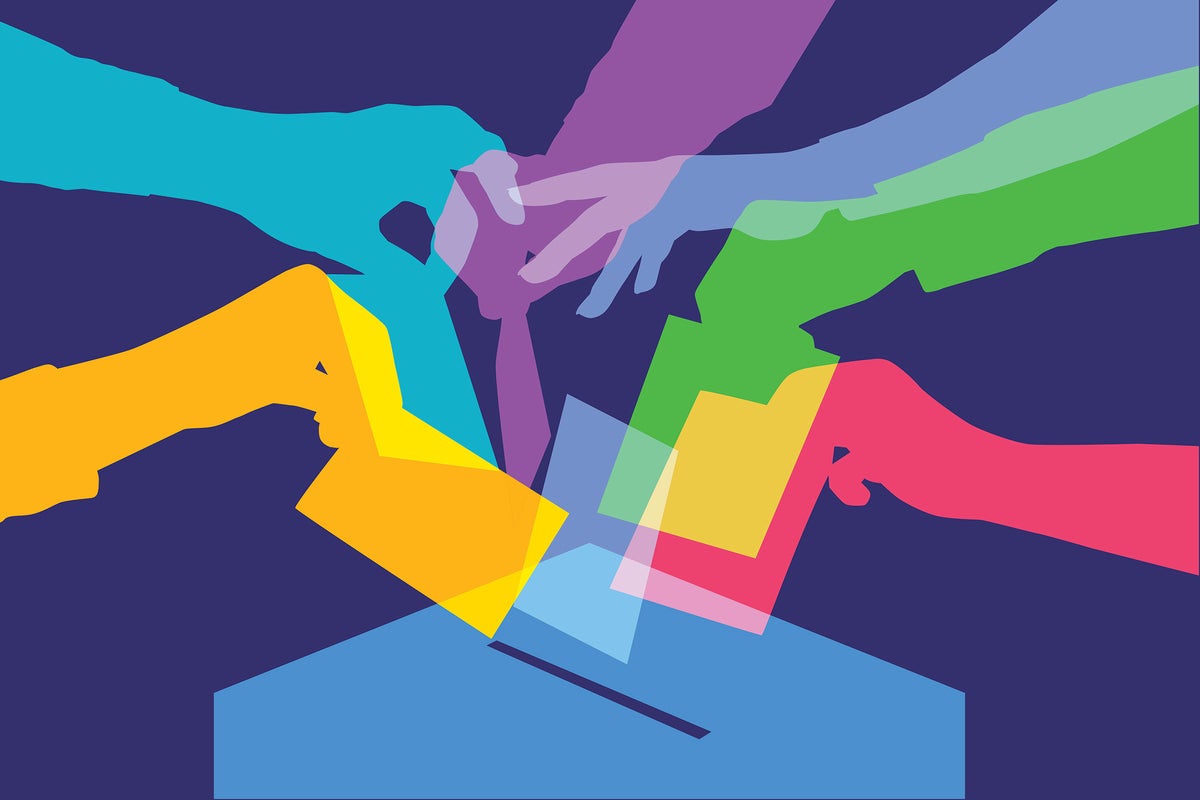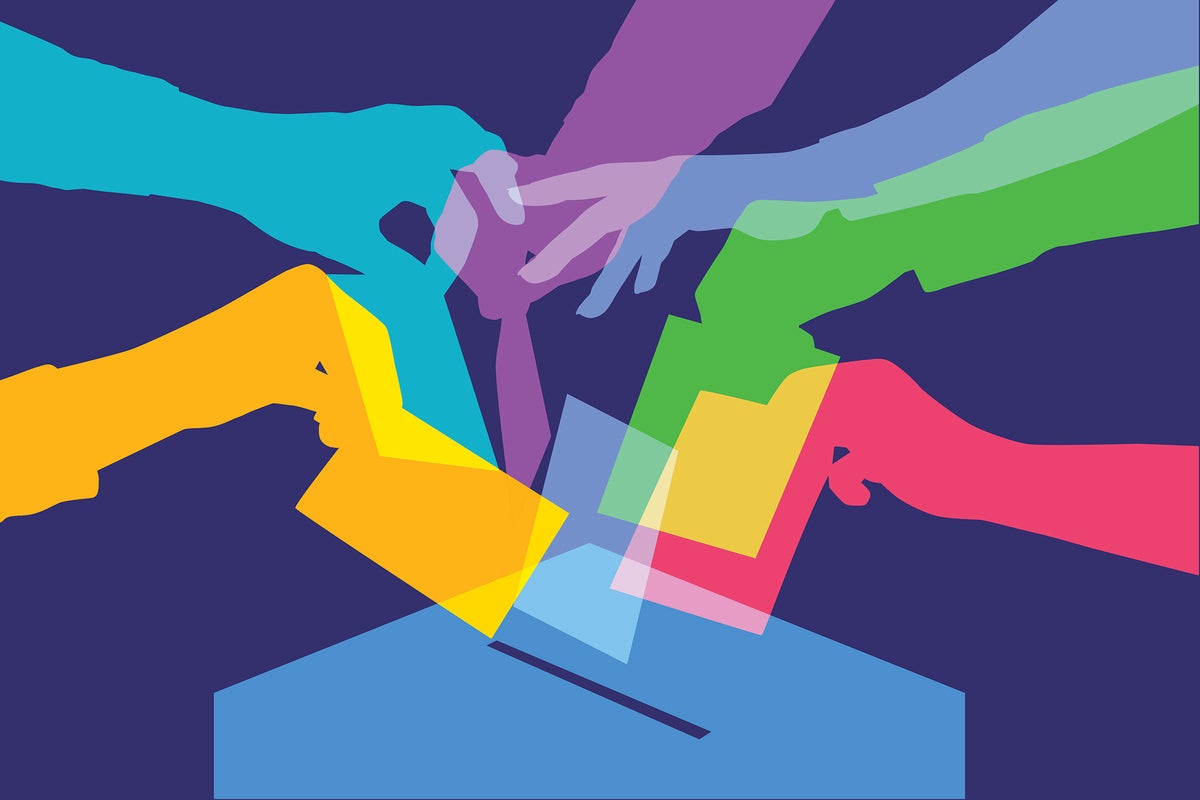
Disclosure: Cisco is a client of the author.
If you’re in the U.S., you’ve likely been thinking — as you await slow-to-arrive election results —that there must be a better way. We bank online, handle medical needs online, communicate online, run our businesses online, and now many of us in the US are sweating out the election online.
But we don’t vote online. That resistance to online voting is because there was a significant attempt to vote online nearly two decades ago, and it failed badly. The technology wasn’t ready.
Though it has improved, decision-makers still don’t trust technology. That’s where a significant effort by Cisco to bring technology into the government comes in. It’s called WebEx Legislate, and it showcases how the collaboration world is adjusting to the new pandemic normal.
The pandemic is driving politicians all over the world to abandon traditional in-person methods of collaboration. It’s helped demonstrate that consensus-building can be done through technology, which is better, faster, and often cheaper than the old in-person way of doing things. And it has showcased the evolution of collaboration platforms, especially those focused on verticals like healthcare and government to serve those markets better.
The maturing of collaboration
As a market matures, vendors typically focus on the unique aspects of vertical segments to improve customer loyalty, retention, and competitive prowess. Collaboration products are beginning to pivot, with Cisco blazing the trail initially with two offerings: the Webex-based Connected Solutions for Courts and Webex Legislate.
These two solutions are custom-tailored for their respective markets and focus on the unique needs of each segment. The Connected Solution For Courts cuts through the tangle of incompatible and often unreliable technology that plagues many courtrooms. And it helps safeguard participants’ health, while improving a judge’s ability to focus on the case and the attornies’ ability to use current assets to plead their cases best.
Cisco’s Webex Legislate offering is fascinating, in some respects, because until this pandemic, legislators didn’t appear to understand technology, let alone use it effectively. And they weren’t alone; most of the world’s governments seemed to be stuck in another century, blocking the use of laptops in favor of outdated flip charts and physical displays to make their points. Most became obsolete in the 1990s. (A lot of us stopped using that stuff in the 1980s.)
But working from home, avoiding travel, and staying healthy essentially forced them to reconsider technology and what it can do. I think this will lay a foundation for more significant changes to come.
Cisco Webex Legislate
Let’s focus on the Legislate tool; I had a deep dive into it this week. It takes the legislative process from an in-person function to one that can be done from any place in the world. This solution isn’t just crucial during a pandemic; legislators often have to campaign, appear at events, and engage with their constituents. But they generally can’t do any of that while at the Capital.
The tool allows for secure remote voting; it gives visibility into how peers are voting and provides a way to engage them on their decisions individually and securely. While the core technology supports real-time translation, governments tend to prefer living translators. Legislate integrates that function and allows the listener to blend the sound streams to better understand the speaker’s inflection and better feel the speaker’s passion — even when they don’t speak the same language.
It weaves in Lobbyist functions, too. They can be included when necessary, or allowed, but restricts their ability to disrupt the process.
Wrapping up
Getting politicians to use technology has usually proved difficult all over the world. They tend to be older, and resistant to change. The pandemic changed that significantly, and lay the foundation for other potential changes such as voting online, which is arguably faster, safer, and more reliable — just like doing taxes, banking, or managing healthcare is today. Making voting more convenient, more secure, less disruptive, and more reliable could have a massively beneficial impact on democratic countries. Cisco’s efforts help lay the groundwork for that.
By focusing on vertical markets, vendors tend to create superior offerings for those verticals. In this case, Cisco may be addressing an even bigger issue: the lack of effective technology use in government. The result should be a better government. That’s something for which we would all vote.



